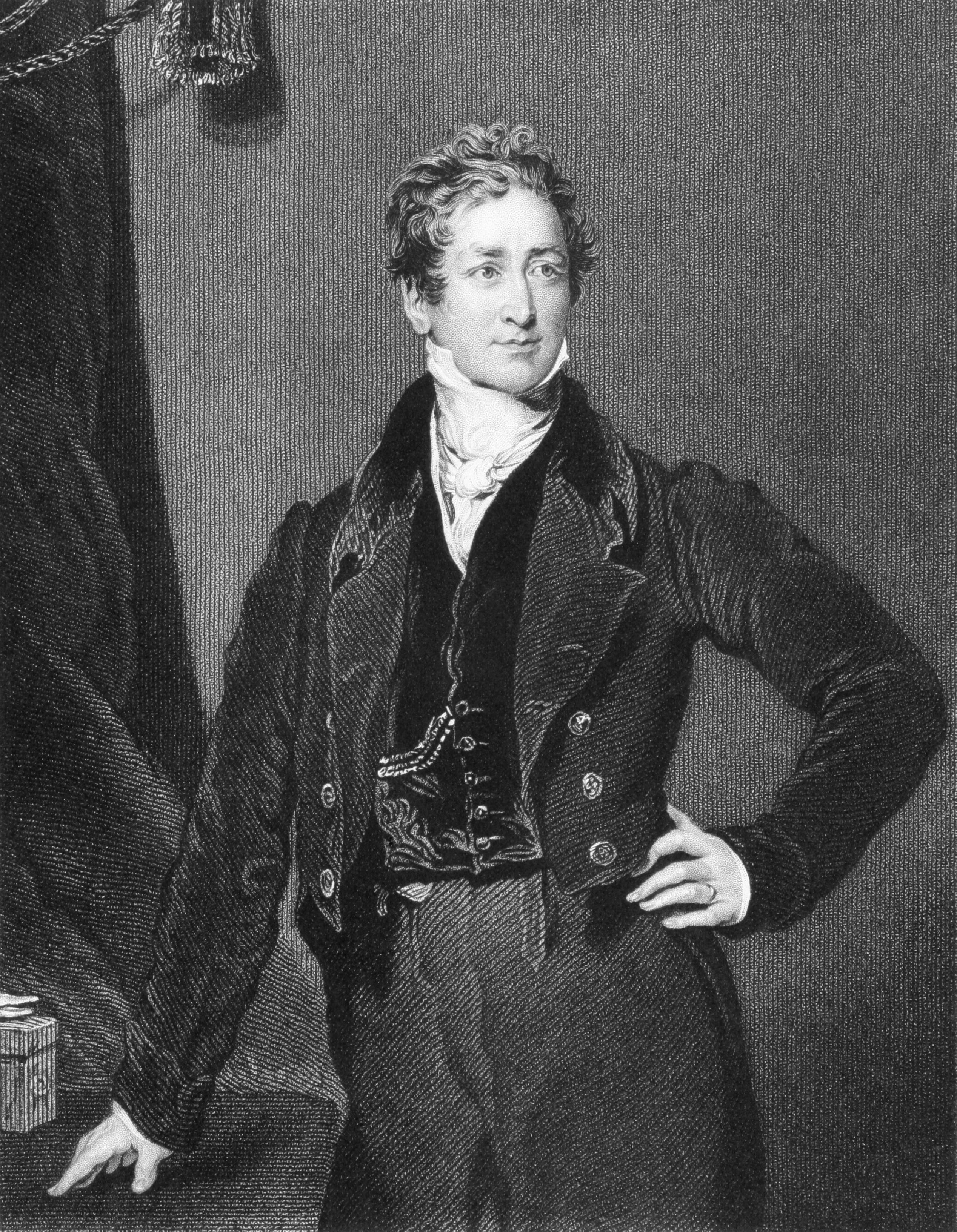Peel, Sir Robert (1788-1850), was a famous British statesman. He founded the London police force in 1829. The police have been called bobbies, after Peel’s nickname, ever since. Peel also served as the United Kingdom’s prime minister in 1834 and 1835 and from 1841 to 1846.

Peel was born on Feb. 5, 1788, near Bury, the son of a wealthy textile manufacturer. He was educated at Harrow School and at Christ Church College of Oxford University, where he earned honors in classics and mathematics. When Peel was 21 years old, he made his brilliant first speech in the House of Commons. This speech led to his appointment as undersecretary for war and the colonies.
From 1812 to 1818, as chief secretary, Peel ruled Ireland with a firm hand. He maintained order by establishing an Irish police force, whose members were commonly called Peelers. His strong opposition to emancipation of Roman Catholics helped keep Catholics from holding seats in Parliament until 1829. Such personal bitterness over the Catholic question grew up between Peel and Daniel O’Connell, the Irish leader, that the two nearly dueled.
In 1819 Peel headed a commission to study British currency. He recommended important reforms that gave the United Kingdom a sounder currency system. He became home secretary in 1822, but resigned in 1827 when George Canning became prime minister, because they disagreed on the Roman Catholic question. In 1828, Peel returned to office under the Duke of Wellington. Peel organized the London police force in 1829 to aid in enforcing the criminal code, which he helped revise and reform. In the same year, the political situation caused him to change his mind on the Roman Catholic question. He helped prepare and pass the Catholic Emancipation Act, which allowed Catholics to hold seats in Parliament and most government offices.
Starts Conservative Party.
Peel went out of office again in 1830 when the Duke of Wellington’s ministry fell. He opposed the Reform Bill, designed to give the vote to more people and better representation to new industrial towns. As a member of the minority opposition in the House of Commons, he formed the Conservative Party from the old Tory Party. Although the party was conservative in regard to the British constitution, Peel labored to make the party concerned with the nation’s welfare. As leader of the Conservative Party, Peel served as prime minister for a short time in 1834 and 1835. He was also prime minister from 1841 to 1846.
Prime minister.
Under Peel’s leadership, certain important tax reforms were made. Circumstances caused him to change his mind in regard to the Corn Laws, which worked to the advantage of landowners by keeping food prices high. In 1842, Peel caused the laws to be amended so that prices would be lower. Then a famine in Ireland, which also resulted in great hardship in England, led him to favor immediate repeal of the Corn Laws. Peel admitted that he could no longer answer the arguments of Richard Cobden of the Anti-Corn Law League, and he argued for free trade (see Corn Laws ). Soon after the Corn Laws were repealed in 1846, Peel left office. He died on July 2, 1850.
